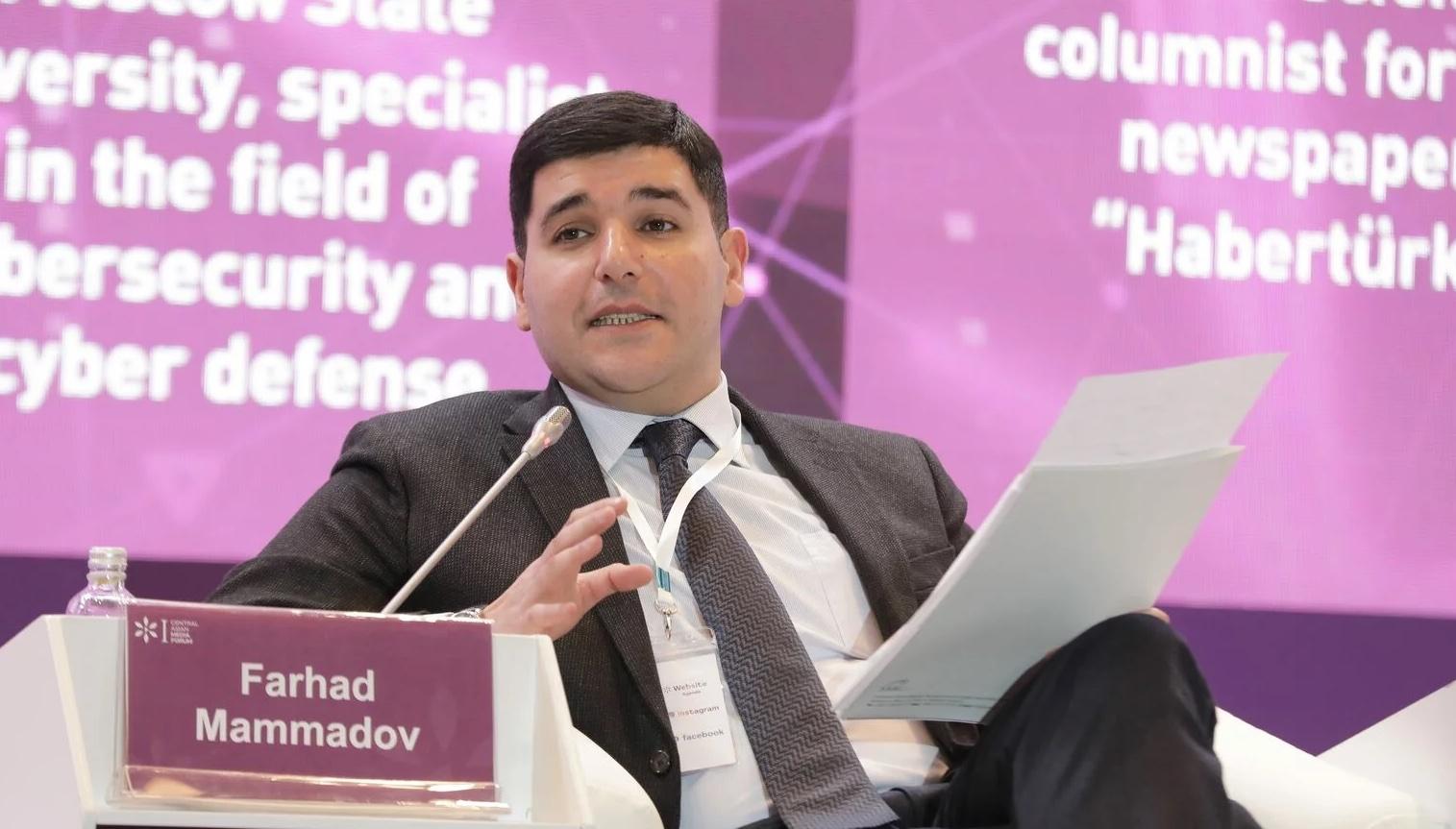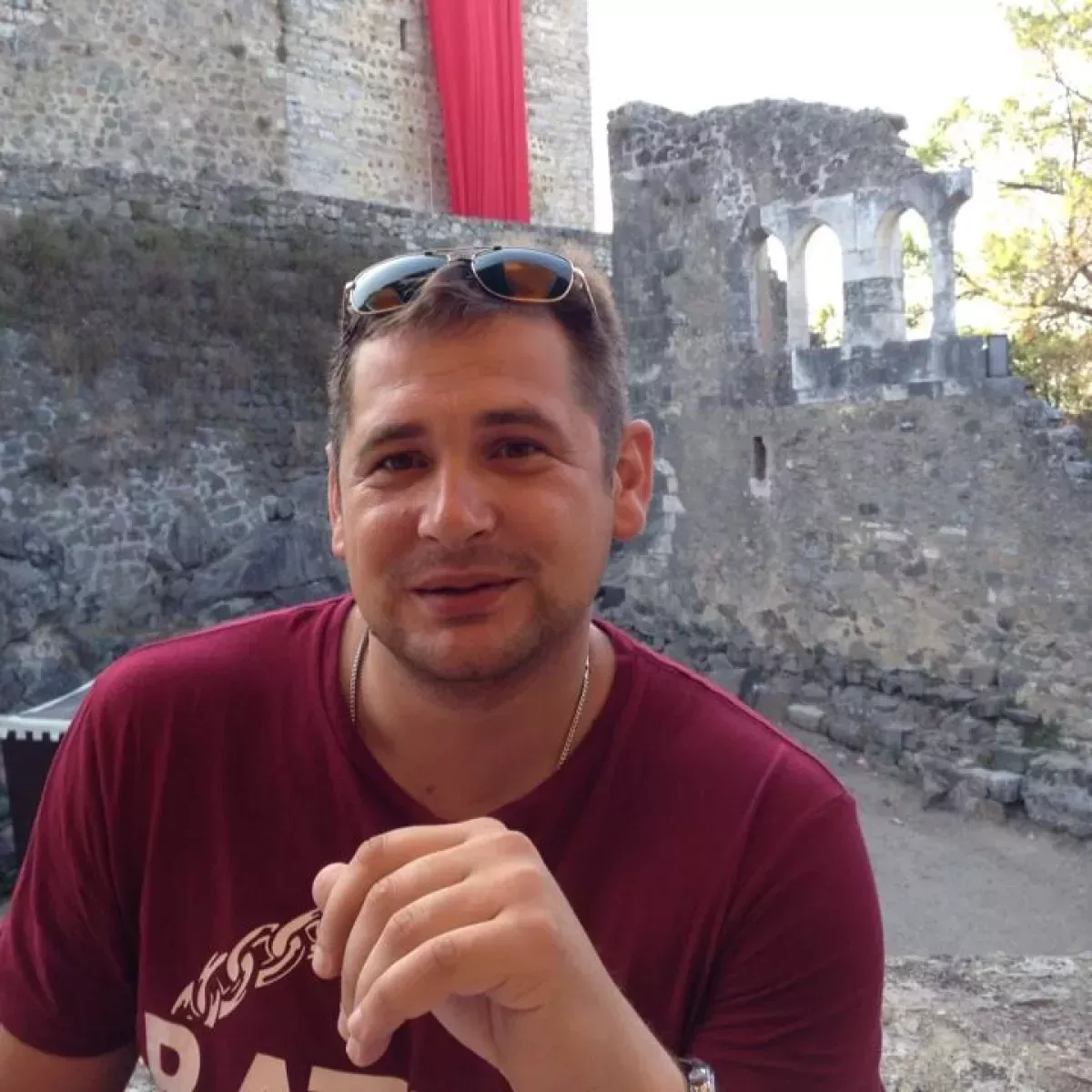UN reform: Is the world bigger than five? Analysts assess chances for meaningful overhauling
In the United Nations’ anniversary year, it seems particularly fitting to take stock of the Organisation’s work, established by the international community eighty years ago. Yet, these results are far from impressive.
It is quite evident that the UN’s mechanisms are becoming increasingly formalistic and ineffective in resolving conflicts. For example, none of its resolutions have succeeded in addressing the issue of the territories of Azerbaijan occupied by Armenia. During his speech at the 2023 ministerial meeting of the Coordinating Bureau of the Non-Aligned Movement in Baku on the theme “NAM: United and steadfast in confronting emerging challenges,” President of Azerbaijan Ilham Aliyev emphasised that, at present, international organisations, including the UN, do not live up to humanity’s expectations.
According to Ilham Aliyev, the United Nations must inevitably undergo serious reforms. Noting that the UN Security Council is a relic of the past and does not reflect today’s realities, the Head of State stated: “We advocate the expansion of the composition of the Security Council to make it more representative and more geographically fair. I am glad that today there is a growing consensus on this idea worldwide.”
In turn, President of Türkiye Recep Tayyip Erdoğan, in an article for the American magazine Newsweek, expressed his conviction that the United Nations in its current form is incapable of fulfilling its core functions in crisis resolution. Erdoğan stated that the Organisation’s structure urgently needs reform so that its members can make fair decisions to address global challenges. As early as 2013, Recep Tayyip Erdoğan coined the phrase “The world is bigger than five,” referring to the five permanent members of the UN Security Council, arguing that these five countries had effectively “neutralised” the Organisation.
A critical view of the UN’s current potential is also shared by US President Donald Trump, who, addressing world leaders at the 80th anniversary General Assembly in New York, stated that this international organisation “is not even coming close” to realising its potential. According to him, over the past seven months, he had ended seven endless wars, yet in none of these cases did the UN even attempt to help.
To what extent does the United Nations meet modern challenges in this era so saturated with conflicts, and are its actions and potential still capable of living up to the hopes placed on it by the international community?
Azerbaijani and foreign political analysts shared their opinions on this topical issue with Caliber.Az.

Farhad Mammadov, Director of the South Caucasus Research Centre, emphasised that the issue at hand has been the subject of many discussions, yet little progress has been made. According to him, leaders of all countries talk about UN reform, but each envisions these reforms differently.
"In the context of the war in Ukraine and the confrontation between the West and Russia, it is practically impossible to pass any decisions in the UN Security Council. Therefore, while all statements about UN reforms are correct in principle, their practical implementation is impossible today due to these five countries—the victors of World War II. For anything to change, these countries would need to present a united position. Under current circumstances, this could only happen if one side in the war is defeated and accepts its loss. Such an outcome would create opportunities for UN reforms," concluded Mammadov.
Meanwhile, Austrian political scientist and Doctor of Law Rudolf Valeev believes that the current situation reflects a crisis of the idea of globalism, in which all power and decision-making centres remain concentrated in the hands of a limited number of world powers and elites. For most of the permanent members of the UN Security Council, this state of affairs is convenient, as it poses no threat to their interests.

"The countries forming the core of the UN fully understand that any reform revising the powers of member states would significantly limit their ability to make decisions in global politics. For example, France or China have no need for any of their decisions to become the subject of discussion among a wide range of countries, or to be considered in a vote involving, say, 20 developed nations. As is well known, many leading politicians call for increasing the number of permanent members to roughly this number. At the current stage, all of this is managed much more easily—through an informal group of five countries, where almost anything can be approved as long as the decision generally serves their interests. The UN, with its limited number of permanent member states who are essentially coordinators of many global processes, was created as a model of power poles balancing each other. At that time, these were the most technologically advanced, largest, and militarily strongest countries in the world. Others simply did not exist," the expert said.
However, in his view, the situation in the world has changed dramatically since then. The international community is moving toward a multipolar structure, where, alongside the global centre represented by Western countries, there exist thriving alliances of states—for example, in the Middle East or Southeast Asia—that are on par with Western countries in technological and financial power.
"For instance, a country like Azerbaijan serves as an important moderator of political processes in the South Caucasus and the Middle East. Or take the Central Asian countries, which together represent a vast community of Turkic and other peoples across Eurasia. Why cannot their interests be represented at the UN, reflected in resolutions and decisions? The situation is changing. We see that even US President Donald Trump criticises the UN and calls for changes in its operations, and Eurasian leaders, such as Turkish President Recep Tayyip Erdoğan, are calling for decisive reforms of the organisation. In other words, there are some developments, but there are still too many 'buts' preventing serious UN reform—too many contradictions and divergent opinions. Furthermore, at the very least, a stable political consensus among the main global players is required, and such a consensus does not yet exist," concluded Valeev.








